Seven tips to protect yourself from identity theft when travelling
Identity theft is a growing problem worldwide. Travellers are at a greater risk of identity theft as they use their credit cards and share their personal documentation with a range of different merchants. They also use unsecured internet connections at airports, cafes and public places.
What is identity theft?
According to the Australian Federal Police, identity theft is the theft of a person’s identity, without consent, where they assume to be you. It is estimated that identity crime costs Australia over $1.6 billion each year with most of this lost by identity theft, scams and credit card fraud.What can a criminal do with my personal information?
- Make fraudulent purchases with your credit card.
- Apply for a passport in your name.
- Apply for a mobile phone contract.
Use cash where possible
Cash is king! Although stolen cash can’t be replaced, it means there is no risk of identity theft. You will need to use your credit card for big-ticket items such as accommodation and flights but always use cash whenever possible. Stay vigilant all the time and never use your card if you have doubts about the security of the seller.Alert your bank of your travel plans
Since credit card companies are on a constant lookout for fraudulent activity, it’s best to let them know your travel plans. This will protect you from having your card frozen while you travel. If there is anything suspicious, it also helps your credit card company detect it.Leave as many cards at home as possible
Only travel with essential documents and cards, and leave any other document at home. If your wallet or purse is stolen, it will give thieves less information to work from. Remove your business card, details of medications, expired cards, notes or any other document that could contain sensitive information. Travel light and protect your passports and cards with a money belt.Make copies of important documents, including your driver’s license, passport and tickets, and keep them in a safe place. Leave copies with a trusted family member or scan them into an encrypted file on your computer. Keep a list of important contact numbers with you, including your bank’s ‘lost and stolen card’ hotline.
Tip: Take only essential documents with you on your travels.
HTTPS everywhere
It’s almost unavoidable that you’ll log into an unsecured Wi-Fi connection when you are travelling. Free Wi-Fi networks at cafes, hotels and public areas pose a risk as they usually have inadequate data protection measures. Try to use secure networks (such as WPA2) which require a password and don’t visit unsecured websites. Avoid visiting websites that are particularly vulnerable including online banking, work emails or logging into your social media accounts. The most secure option is to use a virtual private network (VPN) on your laptop, visit sites using the HTTPs protocol and connecting to the internet with your own mobile Wi-Fi hotspot.Tip: Use a VPN when accessing personal accounts on unsecured Wi-Fi networks.
Bank ATMs
The risks of using ATMs abroad include card skimming and theft. Always use a bank ATM and cover your keypad when entering your password. Choose safe times of the day to withdraw your money and stay vigilant. Is anyone watching you or is there anything suspicious about the terminal?Tip: Use a bank ATM and ensure that it is monitored by a security guard or a video camera.
Keep your mobile phone safe
Your phone contains valuable data and personal information, including emails, photos and social media accounts. Before you leave for your trip, ensure that your phone has a secure (and not easy to crack!) password. You can set up your phone to remotely erase data if it is stolen or lost. A backup of your phone’s data including photos, contacts and emails means you can restore your data after an unexpected disaster.Check your credit card and bank statements
Check your credit card and bank statements and ensure that there are no unexplained or unusual transactions. Keep an eye on your account balances.Crown Currency Exchange can help you protect yourself from identity theft when you travel. We have over 80 currencies in stock and offer the best rates – with no fees – for currency exchange. Check out our Currency Top Tips to find out how you can keep your cash safe while traveling and for more information about protecting yourself from identity theft.
Otherwise, request a quote for buying or selling foreign cash. Lock in a great currency exchange rate today!







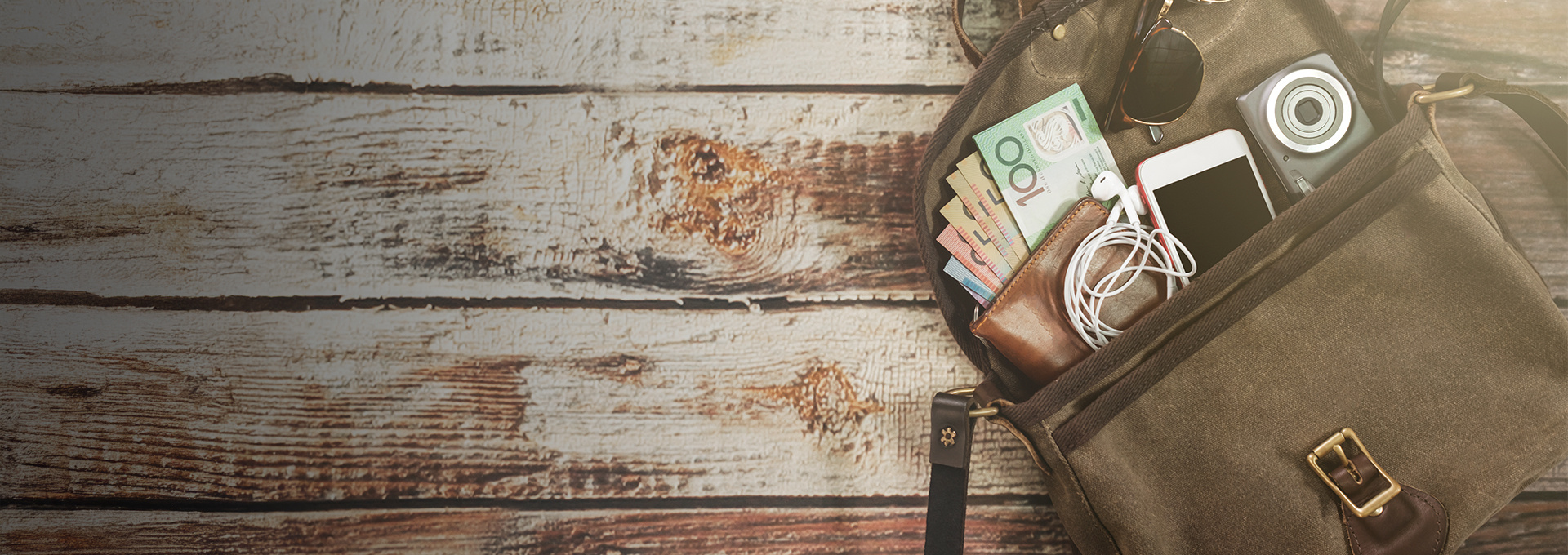
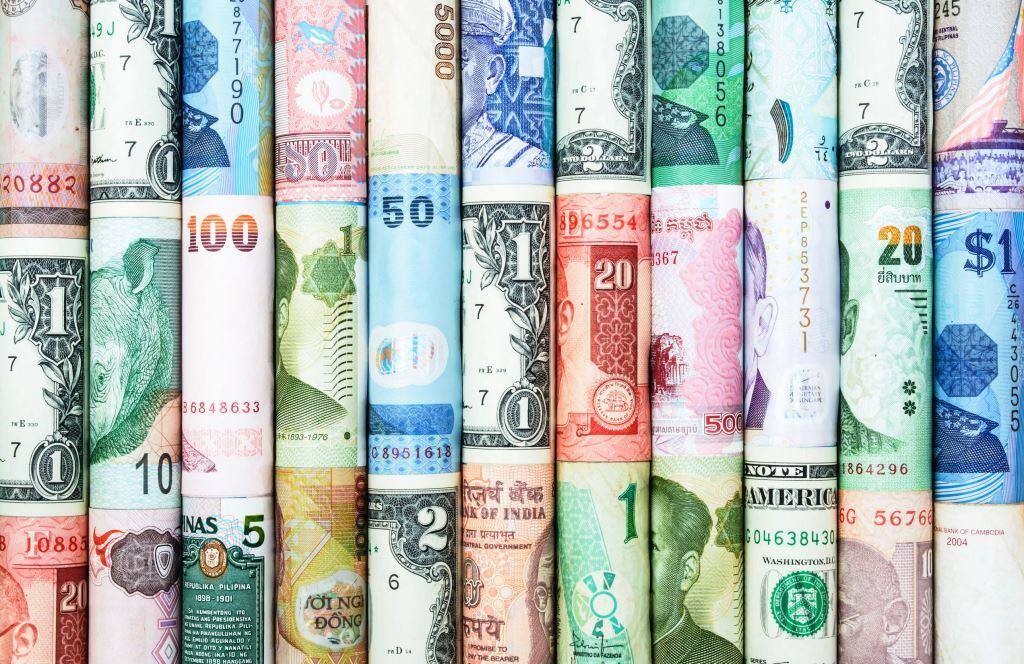
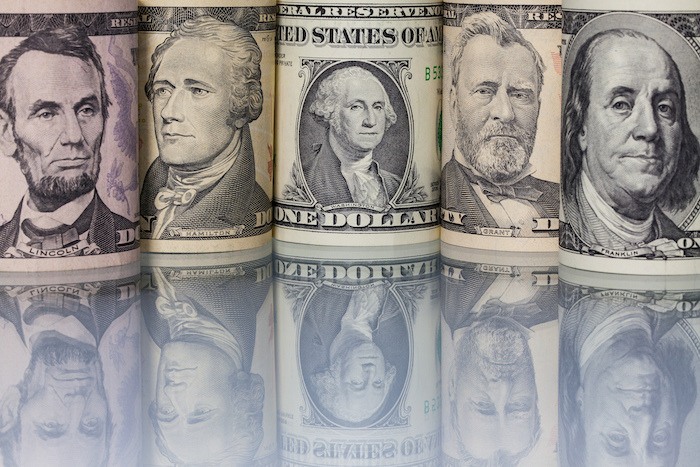

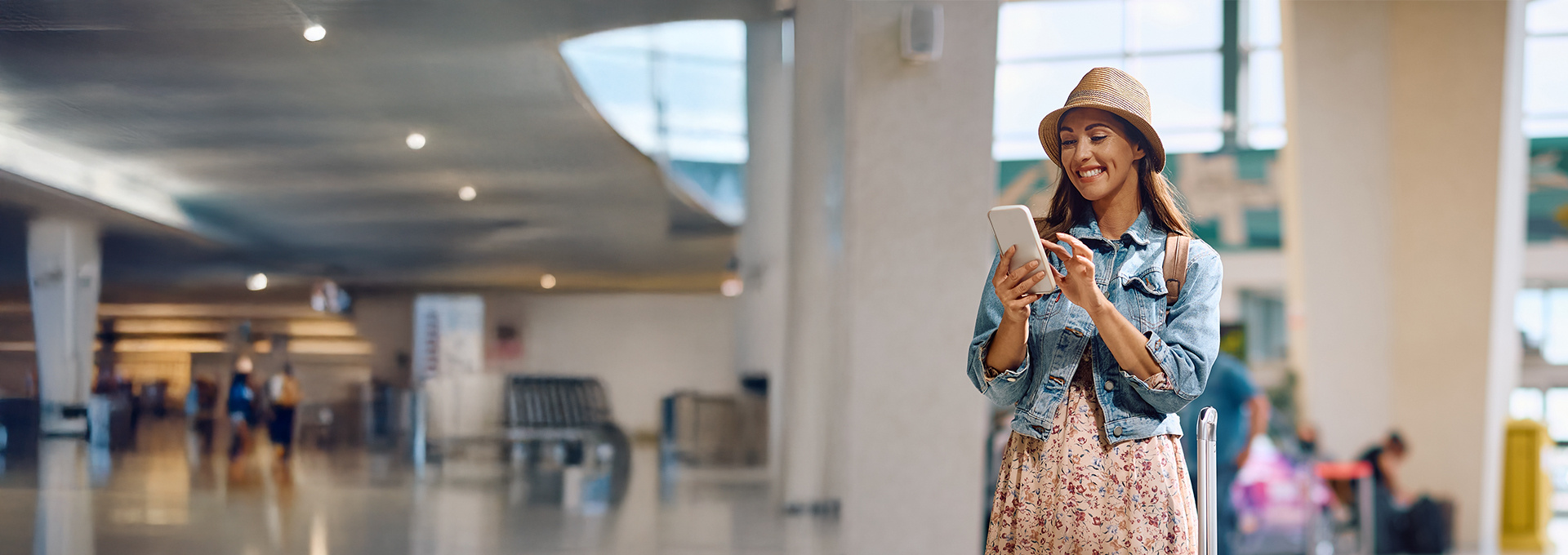

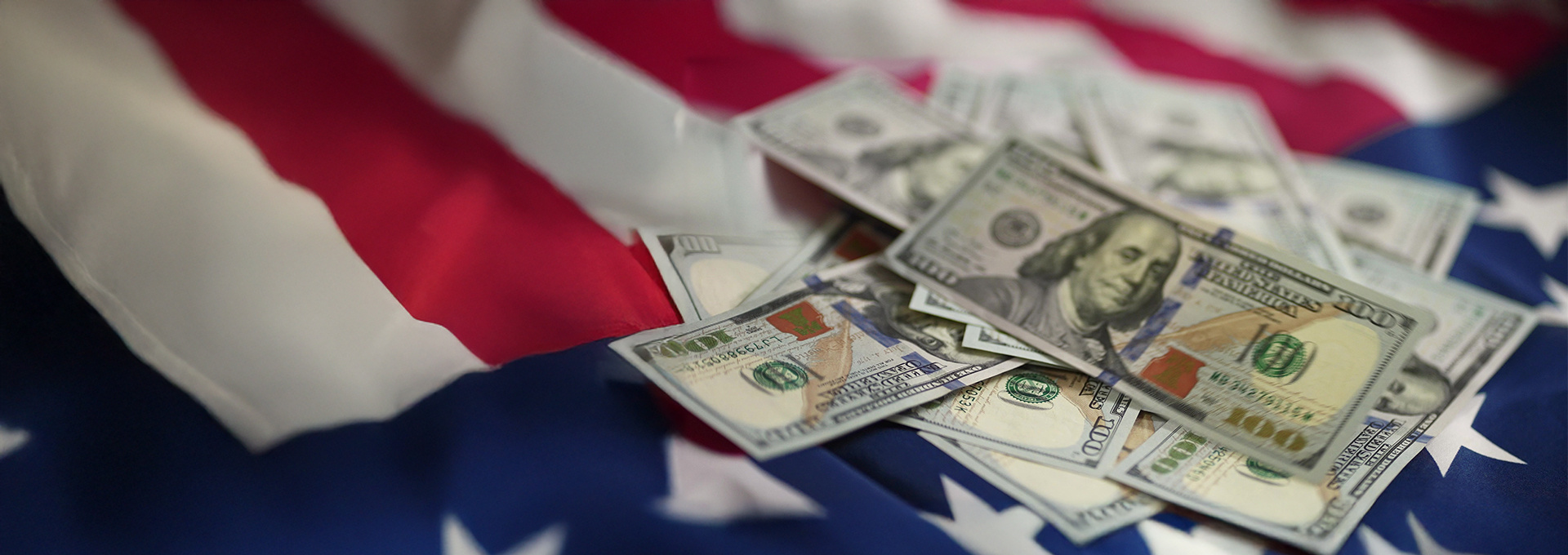

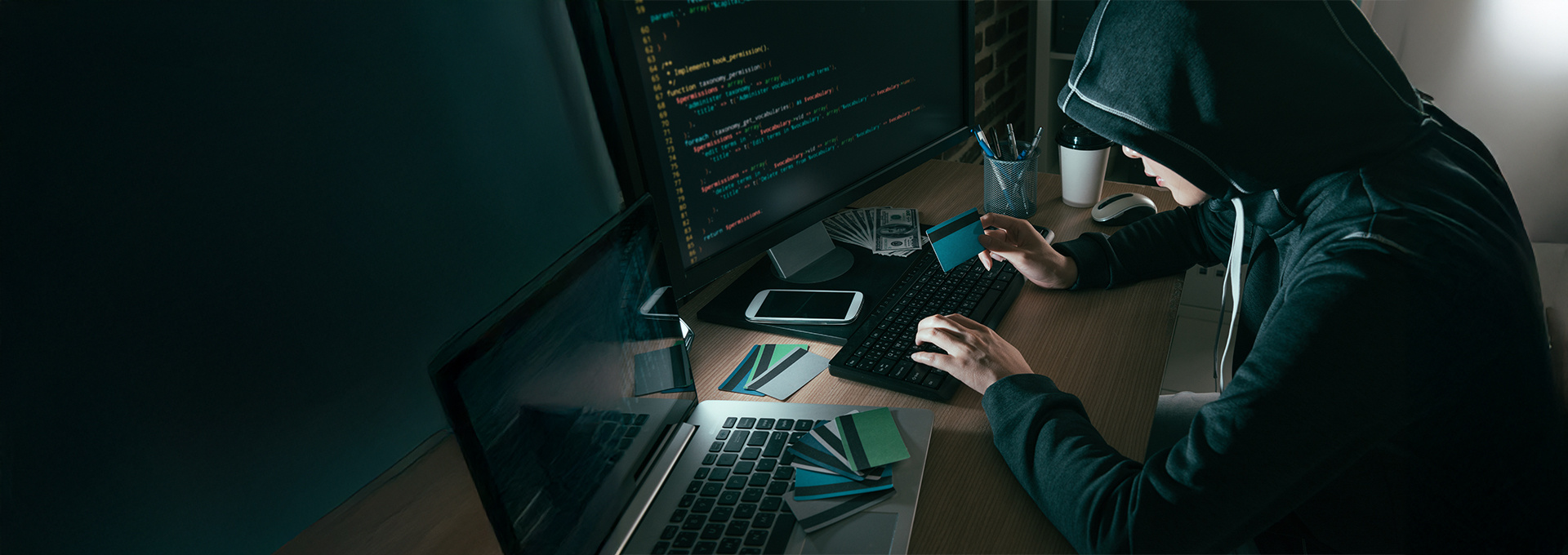
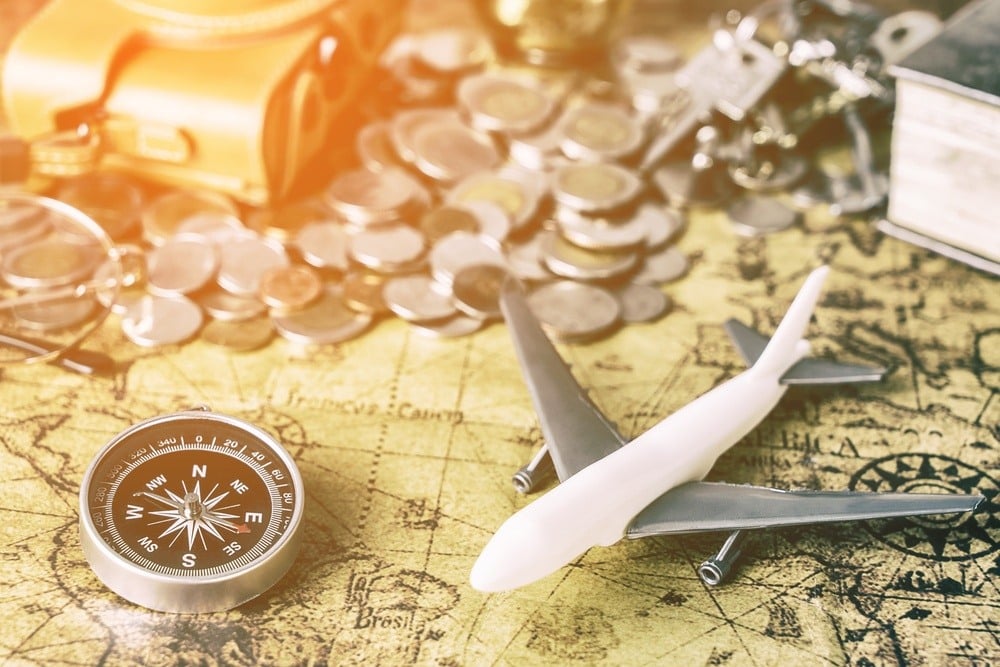

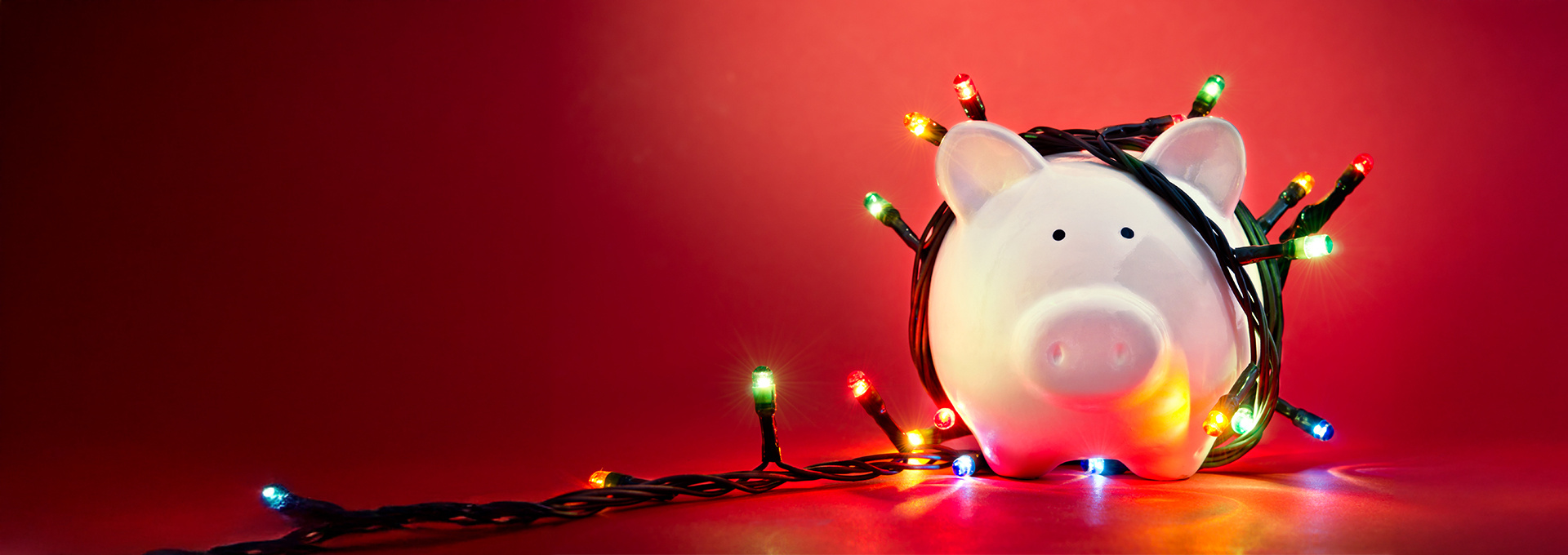

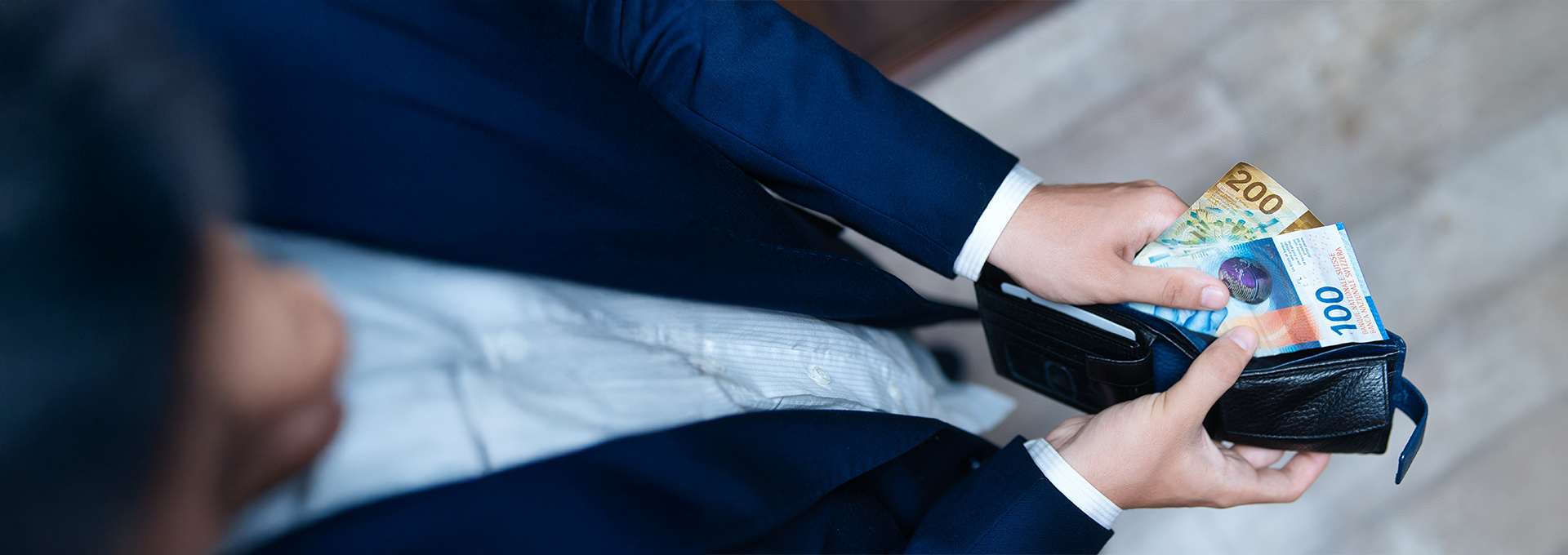
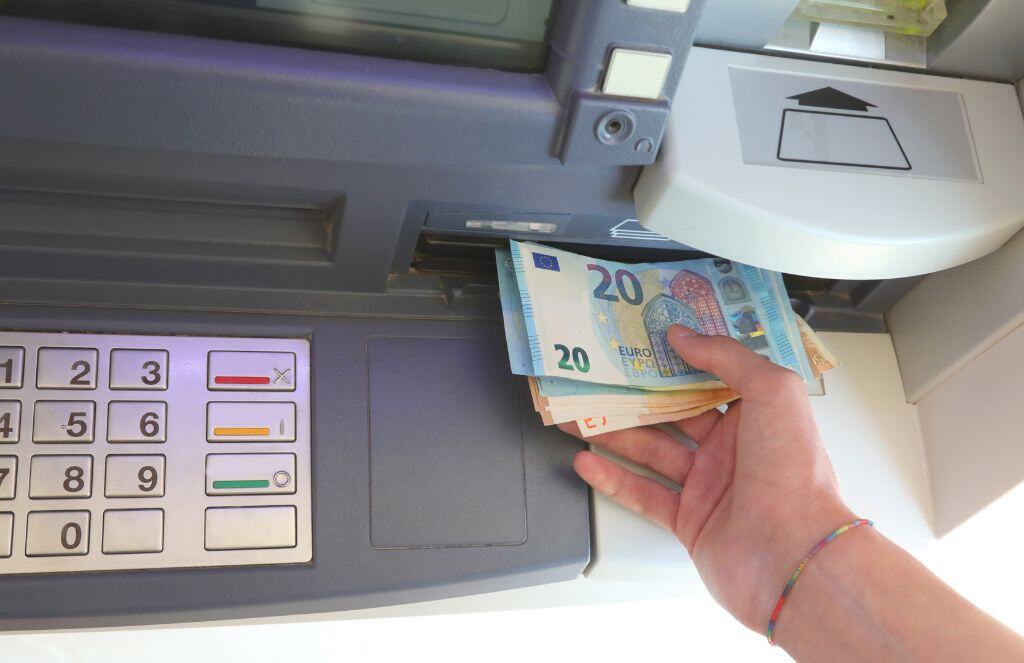


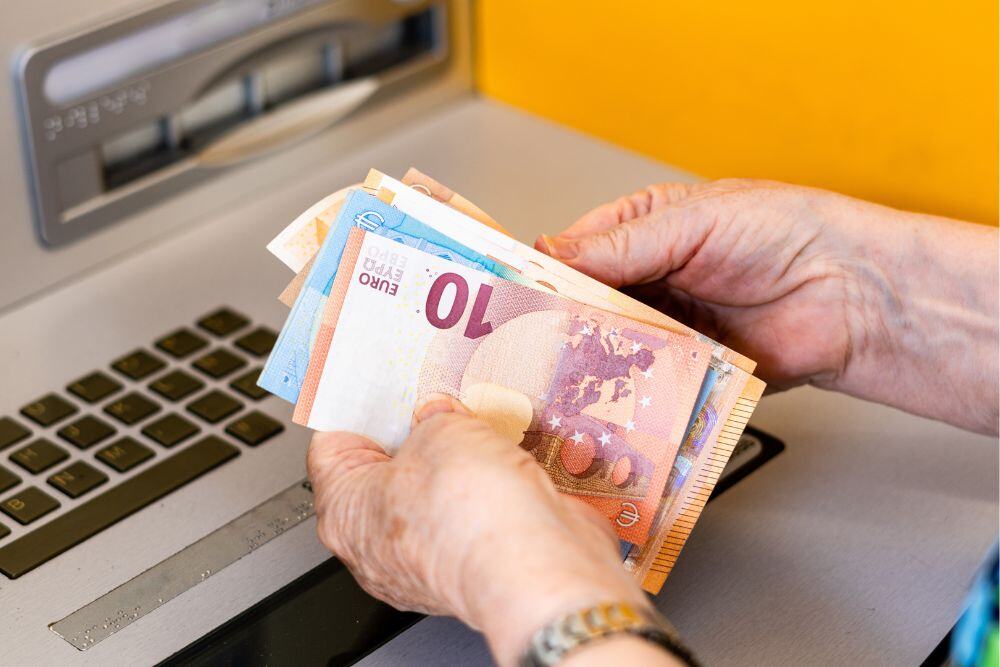

.png)

